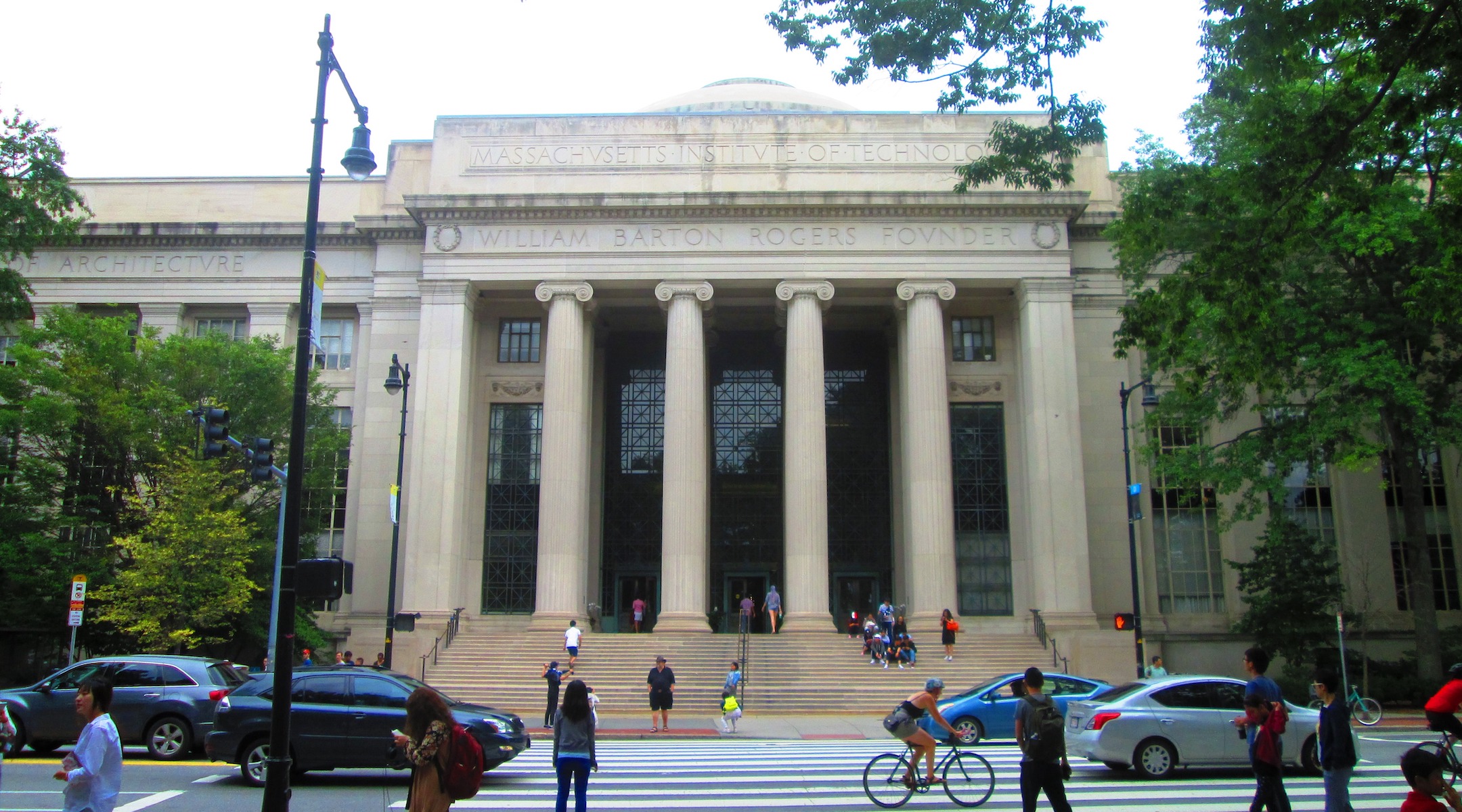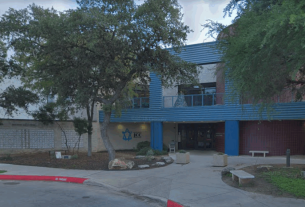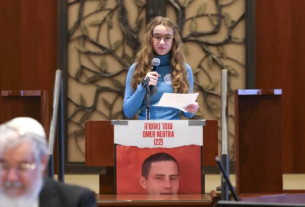((JEWISH REVIEW)) – The Massachusetts Institute of Technology will suspend a handful of students from “non-academic” activities after they participated in a recent pro-Palestinian “die-in.”
The decision was announced in a Nov. 9 letter from MIT President Sally Kornbluth, who did not specify how many students will be suspended. The protest, which occurred that day, was put on by a campus group known as the Coalition Against Apartheid. The action was taken because “a line had been crossed” in the protesters’ occupation of a university building, Kornbluth wrote.
“Today’s protest – which became disruptive, loud and sustained through the morning hours – was organized and conducted in defiance” of guidelines the university had issued to the students ahead of time, wote Kornbluth, who was appointed president of MIT last year, on Thursday.
The episode is the latest example of a university taking concrete action against anti-Israel activism on its campus. It comes after Columbia University and Brandeis University announced suspensions of pro-Palestinian student groups surrounding their opposition to Israel’s ongoing war with Hamas in the Gaza Strip. Columbia suspended the groups, including Jewish anti-Zionist group Jewish Voice for Peace, for violating school policy. Brandeis said it suspended Students for Justice in Palestine because the group “‘openly supports Hamas,” which the United State designates as a terror group.
The war has enflamed tensions on campuses nationwide and led to increased fears of antisemitism. The Florida state university system has also been ordered to ban all SJP chapters at its schools, and major donors and politicians have applied additional pressure to schools to take more determined action against anti-Israel activity.
The Coalition Against Apartheid had held the “die-in” in MIT’s main entrance to protest Israel’s actions in Gaza; pro-Israel counterprotesters also showed up. Administrators had warned the students that they could not use the entrance or disrupt research as part of their protest. Many students left after the school said they could be “subject to suspension,” but some did not, Kornbluth wrote.
The school is prohibiting the students from attending “non-academic campus activities” while keeping them enrolled at the school. Administrators stopped short of suspending students outright because of “serious concerns about collateral consequences for the students, such as visa issues,” Kornbluth wrote.
The president added that MIT’s investigation into the protest, including individual actions taken by both protesters and counter-protesters, would continue. Kornbluth said that members of a counterprotest may also have violated MIT policies and did not specify the viewpoints of the suspended students. Photos of the protest taken by the student newspaper, The Tech, show students setting up displays in the building with both Israeli and Palestinian flags.
MIT Hillel’s director did not immediately respond to a Jewish Telegraphic Agency request for comment.
In an open letter shared on the social network X, formerly known as Twitter, by Israeli MIT professor Retsef Levi, a group calling itself the MIT Israel Alliance criticized administration for not outright suspending the offending students. The group claimed that Jewish and Israeli students had been physically prevented from attending classes and that members of the pro-Palestinian group had harassed Jewish MIT staff in their offices.
“They have shown that actions against Jews at MIT do not have consequences,” the letter states.



